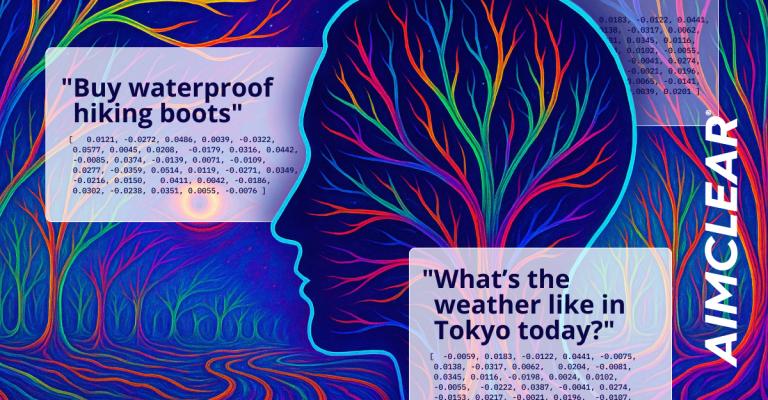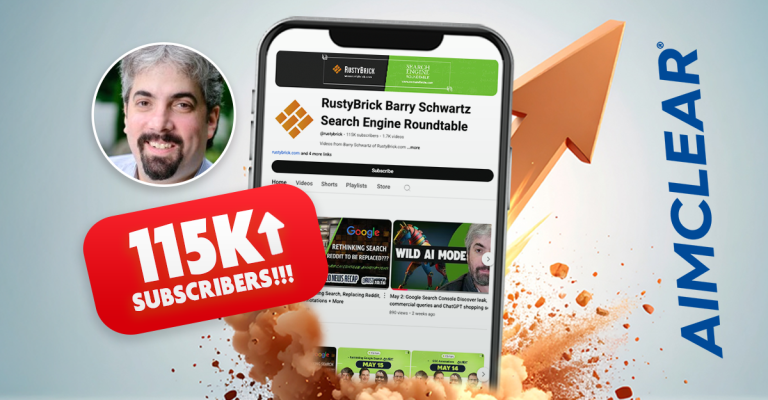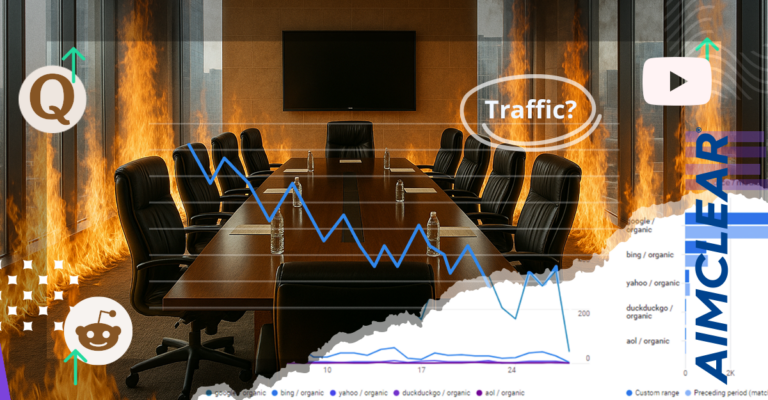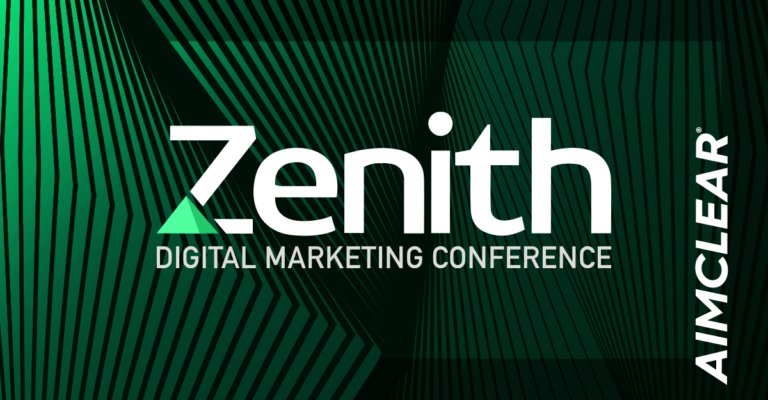Welcome, from SES Chicago! Whereas conference coverage typically focuses on 1 session at a time, we thought it might be interesting to assign one of our bloggers (me) the role of providing a more global overview of their day spent in sessions. We hope you enjoy the format of bite-sized chunks of key points gleaned from multiple sessions.
Remix: Making Art and Commerce Thrive in the Hybrid Economy
Lawrence Lessig, Professor of Law, Stanford Law School
First, a definition of a hybrid economy is an exchange of both social and commercial value. We can see so many of these hybrid economies popping up in the internet landscape. The bottom line is that commercial companies are gaining value from the social contributions. Some examples Lawrence brought up are:
- Yahoo! bought Flickr, a social photo sharing tool, in hopes of monetizing it for commercial gain.
- Google is offering free tools in turn for gathering data about each click you make. People are working for free to make Google more rich.
- Amazon’s strength is from its user reviews and social participation around products.
If commercial companies are leveraging user generated content, who owns and is held liable for this hybrid content? In the case of YouTube, their users are held liable for the content they create, yet Google still profits from this content via advertisements.

The fact is Youtube users are using copyrighted songs and TV clips to mix them into genious videos. Star wars spoofs, political footage mixed to a popular songs, so many moments we’ve all had watching these videos. Yet currently these people are held up by law as criminals.
Lawrence states that we are raising a generation of kids that are knowingly breaking the law creating unique content, but it is either that or be silent. The most important issue for him is to not raise a culture who feels like their daily creativity is criminal. The copyright laws need to be changed.
Lawrence’s suggestion is to separate the amateur from the professional and hold them to different levels of accountability. He states that it is not right to abolish copyright laws, but change them to adapt to the current technology. Those who are learning by remixing content and not profiting they should not be punished for creating unique and appealing content.
Universal & Blended Search
Moderator: Ryan, SES Chair, Motivity Marketing
Universal and Blended search is adding more than simple text content into search results pages. Results pages now contain images, maps, reviews, news, video and more.
Mike Grehan, Global KDM Officer, Acronym Media
Search results pages are becoming more rich, adding images, video and news items. Yet advertisers are stuck with a blue link. Advertisers want to pay to play in the universal search. The advertising model needs to change as blended search has changed.
Chris Blakely, Director, Client Services, comScore, Inc.
Search engine results are not just about title tags, there are video, news, local listings and images showing on the search results page. Today, 31% of searches trigger other types of media in search results. When a blended search is served there are less clicks on paid search. No longer is paid search getting consistent click through. Organic page advertising needs to evolve.
Jack Menzel, Senior Product Manager, Google
Universal Search comes in 3 parts:
- Comprehensiveness – Images, Maps, News, Products, Video, Books, and more… not just Google content.
- Relevance – All of the results have to be relevant. (images won’t show up for a lookup on mysql query)
- Presentation – “there were videos on the internet before, but we just provided links to them in the past.”
The focus to make this happen is to improve ranking algorithms to include other types of media. “Show the right results in the right query more often”. “Universal is just ranking. Continue to create valuable content and we will rank it. Webmaster tools are your friends.”
Todd Schwartz, Group Product Manager, Live Search, Microsoft
The philosophy behind universal search is to simplify key tasks and create innovative tools surrounding results. Todd demoed the product search where you can filter by picture quality and other innovative search filters. That way the user can filter down to the product they want to purchase easier directly from the search results page before visiting another website.
Dr. Larry Cornett, VP, Consumer Products, Yahoo! Search
Universal search is, “converting Yahoo! from plain results into the rich search experience we have today”.
Yahoo! has embedded a video player, directory information and an embedded music player (partnered with Rhapsody) on the search results page. Enhanced restaurant results give you phone number, address and reviews without having to click a link. The idea is to give access to information that was buried behind “that blue link”.
Search Monkey gives publishers more control over how their listing shows up in these rich listings.
Measuring Success in a 2.0 World
Matthew Baily, President, SiteLogic
You are stuck in the past (Analytics 1.0) if you are measuring number of visitors, page views and visitors. Having that data does not allow you to come to any conclusions. Adding context around the data leads to knowledge, which is the beginning of understanding what is happening on your website.
Each user is going to use you website differently depending upon what their agenda is. Stop looking at people as “cattle” through the scope of averages, and instead segment your users and optimize for them. Hire an analyst, the return on investment of hiring them is 900-1200%.
Richard Zwicky, Founder & CEO, Enquisite
The average agency is compensated on 10% of PPC spend. Organic and Paid search is not compensated the same. Advertisers are not paying the same amount for SEO as for PPC. Even though the measured opportunity for organic search is 5.6 times more potential, yet only 10% of the advertising spend is on SEO.
PPC is easier to value because it is defined. Agencies are earning 1/36 from organic SEO then PPC if you look at conversions per dollar spend. Referral link building campaigns are in the same boat. The fix Richard recommends is to offer pay per performance based contracts.
Kristen Nomura, Central Region Manager, Search & Analytics, Google
- “You never get a second chance to make a first impression.” Look at landing pages, check out the bounce rate graphs.
- View what keywords you can assign weights or pages.
- Build segments based on keywords.
- Dig into different mindsets that people have when coming to their site and wrap goals around each segment.
Andrew Wheeler, Managing Director, iProspect Chicago
World events effect search and statistics. Opera mentioned the kindle device in her show and searches on kindle drastically increased for a period of time after the show aired. Make sure you research and consider world events into effects on your reporting.
Marc Grabanski can usually be found blogging on his personal blog, Jack of All Trades Web Development.










